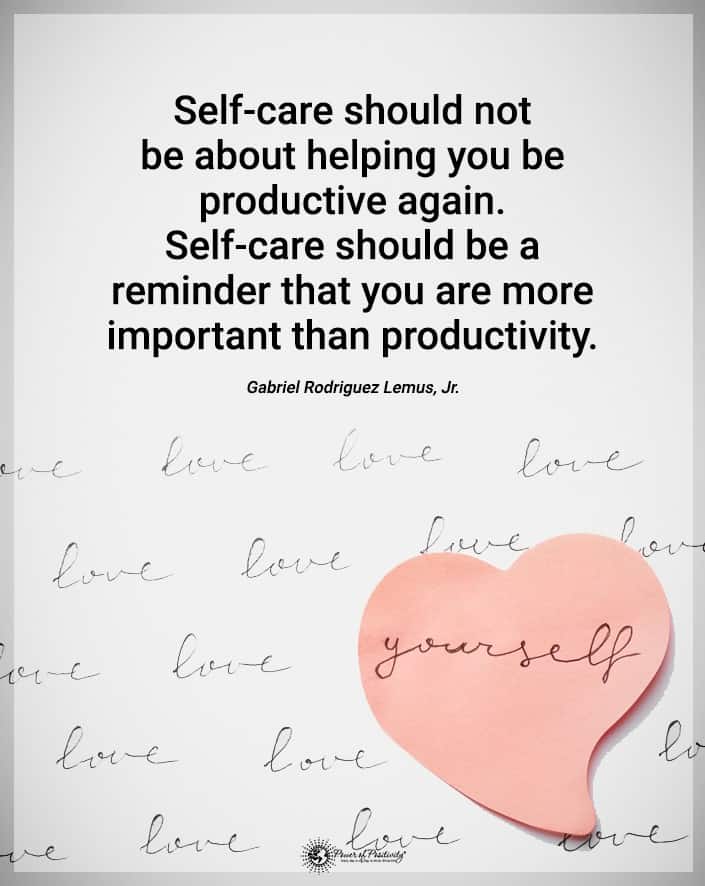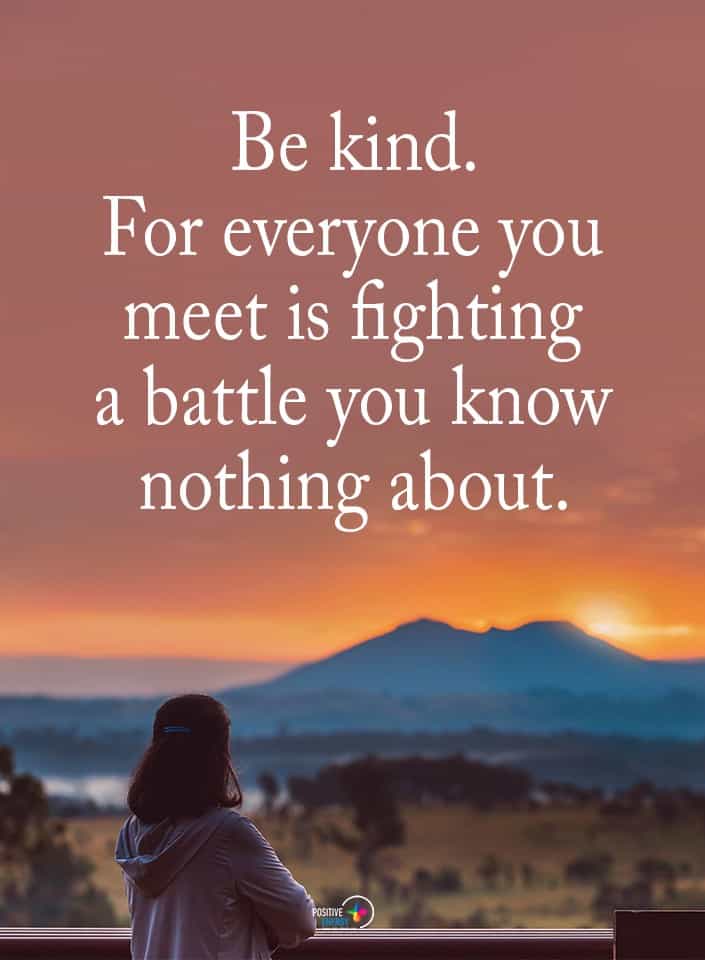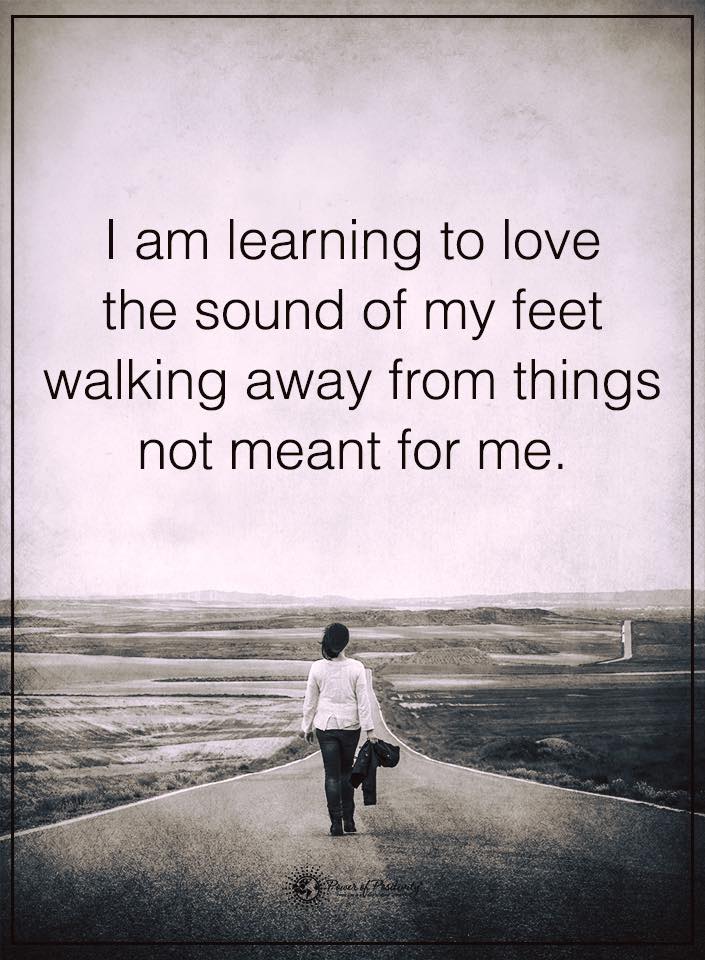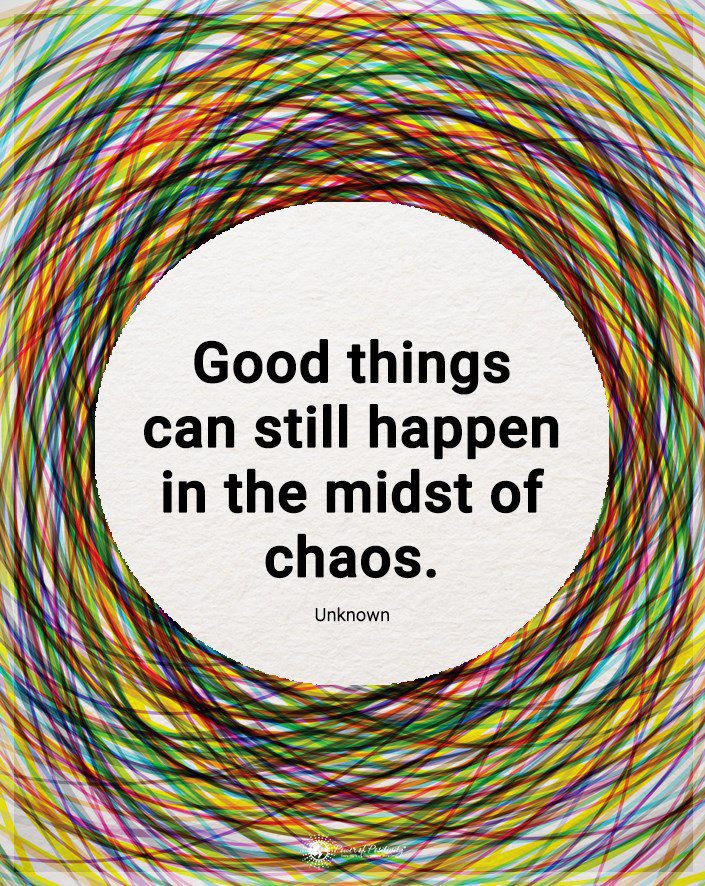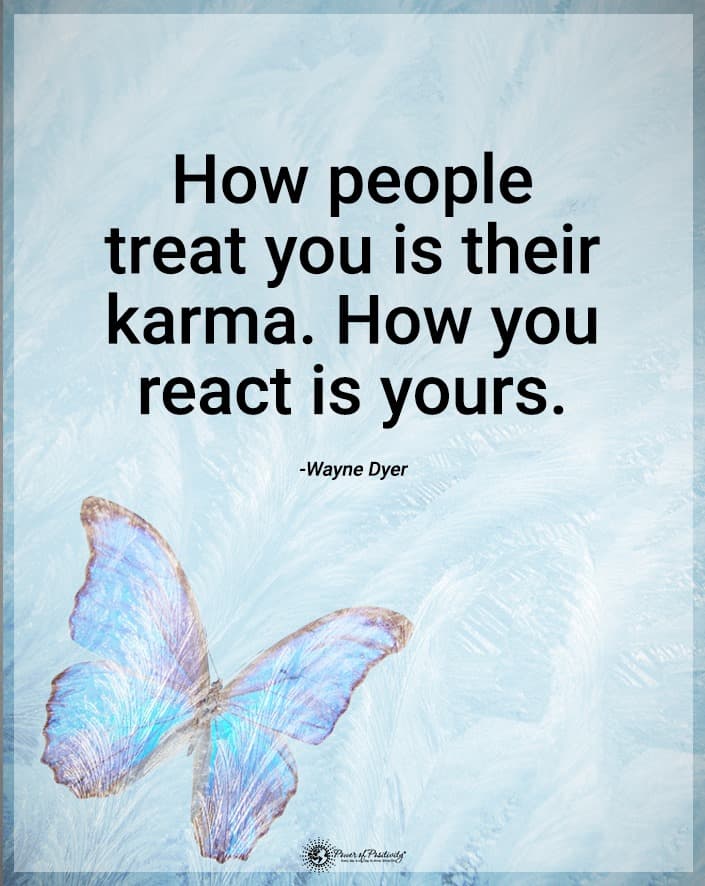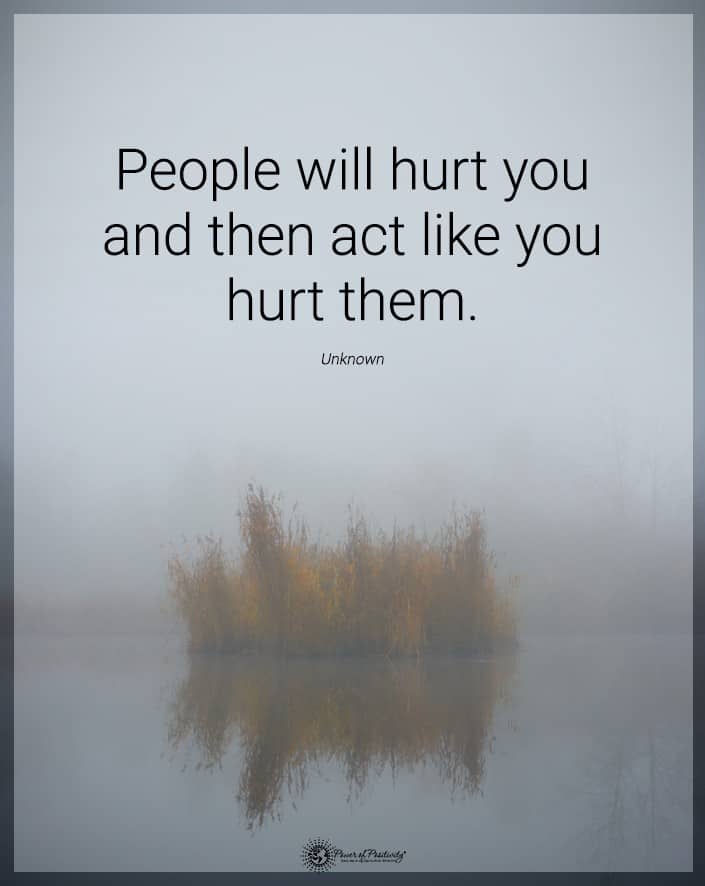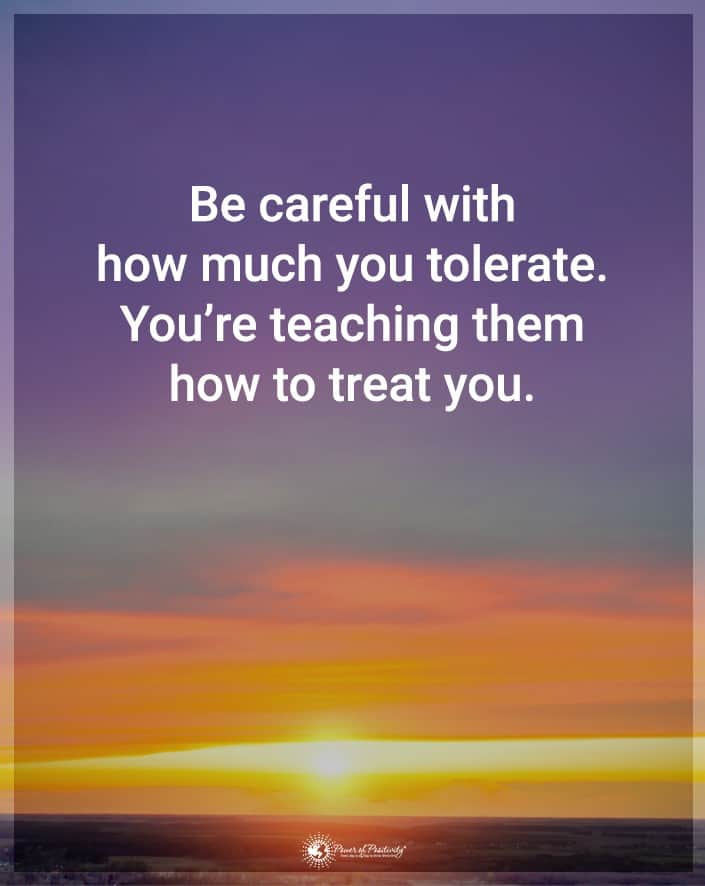Advice regarding what is or isn’t good for our health has changed so much. What people once thought was good for you – like smoking! – has now been known to have been unhealthy all along. But unhealthiness can manifest in more than just definable diseases, like heart disease or cancer.
The signs of being unhealthy in life can start quite early. Many of us, busy with our day-to-day lives, often brush them off as inconsequential. Then, it’s too late to turn back before we know it! It’s essential to know the warning signs of bad health down the road and how to prevent it.
“If we are creating ourselves all the time, then it is never too late to begin creating the bodies we want instead of the ones we mistakenly assume we are stuck with.” – Deepak Chopra
Here Are 6 Early Warning Signs of Bad Health
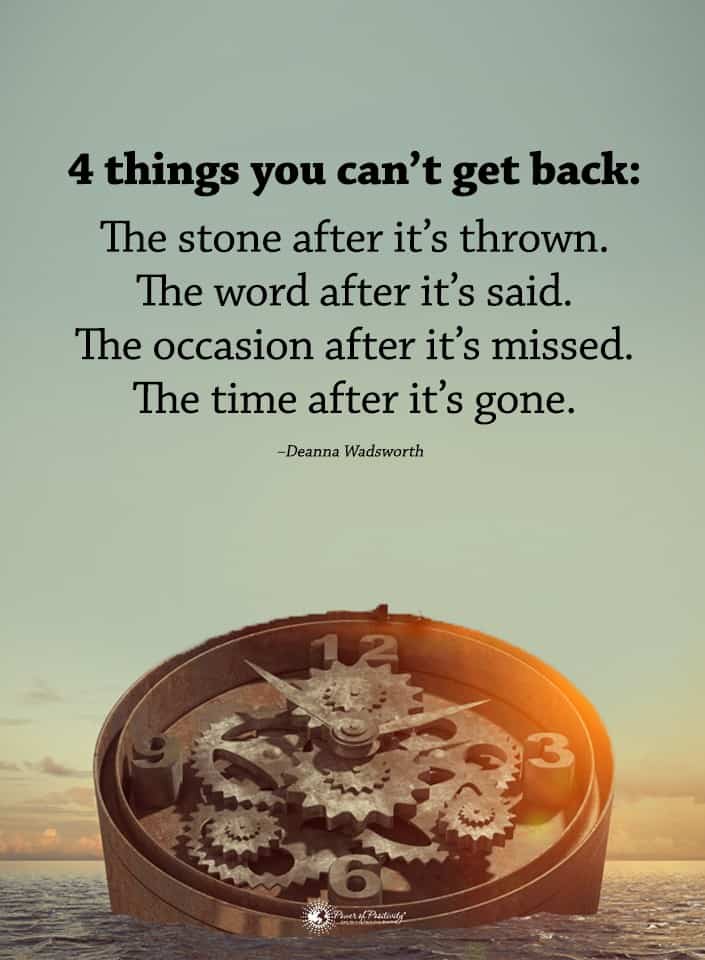
1. Being overweight in childhood
Being overweight these days is not always a sign of bad health – after all, there are plenty of people who could be considered overweight who work out daily, eat healthily, and can compete in the Olympics! Sometimes, our bodies are just predisposed to carry more fat than others. But being overweight in childhood can still be a sign of bad health, especially if that weight distribution hasn’t been otherwise genetic.
According to American Heart Association, “… obesity is causing a broad range of health problems that previously weren’t seen until adulthood. These include high blood pressure, type 2 diabetes, and elevated blood cholesterol levels.”
Therefore, being overweight can sometimes increase one’s risk of heart disease and other serious illnesses. Knowing if your child’s weight is suitable for their body is critical to make sure they stay healthy.
2. Easily getting sunburned
If you have ashen skin, getting sunburned may be another risk to going to the beach or the pool in the summer. However, if you get frequent, easy sunburns just standing outside, it may be a sign of bad health. Toxins released through the skin could speed up the burning process. A way to avoid this is to drink plenty of clean, filtered water and keep an eye on the food you eat. Processed food and additives can release chemicals through the skin, and not all of them are healthy for you!
3. Always getting sick
If you find that you or your children seem to catch every cold or flu that goes around, it may be a sign of poor health further down the line.
“If you’re that person who catches every cold your friends have or gets sick every time your kids do, your immune system may not be functioning optimally, which can put you at risk not only of infectious diseases but of life-threatening body yells like cancer,” says physician and author Dr. Lissa Rankin.
The best way to combat this is to keep up with a doctor and take immunity-boosting vitamins.
4. Suffering from illness complications
Something as simple as a cold can turn into pneumonia when this happens or when illnesses don’t resolve in a short or timely matter. Instead, they get worse or become complicated. This development is a sign of bad health. The body isn’t working correctly to fight off the illnesses because of a compromised immune system or other health issues. A doctor’s help is the right way to go for this because a compromised immune system may need more help than a daily vitamin can provide.
5. Suffering from allergies
Now, this isn’t a sign of bad health by itself. Many people have hay fever or are allergic to pollen or cats and dog dander. But a sign of bad health is having more allergies than usual. Multiple allergies mean that the body’s immune system is working overtime where it shouldn’t be, leaving it vulnerable or compromised. If your list of allergies is longer than your arm, you may require a specialist to keep them under control.
6. Experiencing never-ending symptoms
Everyone knows what it feels like to have a cold or the flu – tired, heavy eyes, dry throat, runny nose. But those symptoms usually diminish after a few days and go away altogether. But a sign of bad health is when those symptoms never seem to go away. That is to say, you’re constantly fatigued, or you have a constant or frequent runny nose. Getting your body the proper nutrition and consulting with a doctor will ensure that nothing serious is going on.
Health is different for everyone – but keeping an eye out for the common signs of bad health can help catch disorders and chronic illnesses before they become a massive problem in your day-to-day life. Once you know what to look for, you’ll learn how to keep yourself and your family as healthy as possible for a good, long life.
13 Behaviors to Help Prevent Bad Health
1. Don’t smoke
Smoking is one of the significant causes of lung cancer and chronic obstructive pulmonary disease (COPD). It can also contribute to health problems like heart attacks and strokes. If you smoke, find a good program to help you stop. If you don’t smoke, don’t start. This tip includes marijuana, too. Smoking marijuana also has health risks, including the following side effects:
- Altered senses
- Impaired body movements
- Impaired memory
- Hallucinations
- Delusions
If you have long-term use, marijuana can impair your thinking, memory, and your ability to function, plus it can cause
- Breathing problems
- Racing heart
- Nausea and vomiting
- Congenital disabilities to the brain
2. Eat healthy foods
Choose to consume healthy foods to stay at a healthy weight, reduce your risk of certain diseases and lower your cholesterol. Eat high-fiber foods, low-fat meats and dairy, fresh veggies, and fruits. Limit sugary and salty foods. Eating good healthy foods is a simple way to avoid bad health problems.
3. Stay at a healthy weight
When you can stay at a healthy weight for your height and age, you can avoid certain harmful health diseases and conditions. Find out what you should weigh, not according to the latest fashion trends, but according to your health care provider. Staying at a good weight helps you avoid health problems, such as
- Diabetes
- Heart disease
- Some cancers
- Heart attacks
- Strokes
4. Get the right amount of sleep
Not sleeping well isn’t just a bother. It can cause serious health problems. It would help if you got anywhere from seven to eight hours of sleep every night. If you’re not sleeping, you can try to create a bedtime relaxation routine, avoid drinking caffeinated drinks in the afternoon or stop using your blue screen devices about an hour before your bedtime. If nothing seems to work, talk to your doctor. You could be struggling with sleep apnea, a severe condition that can disrupt your ability to sleep.
5. Stay physically active
Physical activity is so essential if you want to avoid bad health. Exercise helps you maintain your weight, strengthens your heart, and improves your brain function. You don’t need to belong to a gym to get lots of exercises. Simple things like
- Riding your bike
- Walking briskly with your dog
- Gardening
- Cleaning your home
- Mowing the grass in your yard
Start small and build up until you are moving around a lot. Buy a wearable step counter that also monitors your heart rate. These are great ways to see if you’re getting the type of exercise you need for your age.
6. Reduce stress
Ongoing stress can lead to significant health problems. Stress may cause depression, anxiety, and personality disorders. It can lead to heart disease, higher blood pressure, strokes, and heart attacks. Reduce your stress in your daily life. Cut your stress by getting outside, staying active, and eating well. Take time to relax, and schedule vacations and times of relaxation. Learning how to reduce your stress is vital for your health and happiness.
7. Learn about your family’s health history
You may eat very healthy and exercise several times a week, but you could still have high cholesterol. Why? Because certain conditions run in families. Learn about your family’s health history to know what you’re up against and how to prevent these conditions. Chronic diseases run in families such as:
- Autoimmune diseases
- Diabetes
- Heart disease
- Cancer
Once you learn your family’s health history, talk to your doctor about it. They can give you suggestions for how to avoid these health problems.
8. Control your blood pressure
Controlling your blood pressure helps prevent damage to your arteries and heart. High blood pressure causes conditions such as
- Atherosclerosis
- Stroke
- Heart attack
- Aneurysm
A regular blood pressure reading is 120/80mmHG. High blood pressure is considered anything 130/80mmHg or higher. Unhealthy life choices, diabetes, lack of physical activity, and certain life choices cause high blood pressure. Sometimes pregnancy causes high blood pressure.
9. Limit how much alcohol you drink
Overindulging in alcohol puts you at risk for many health and life problems. Too much alcohol can cause diseases such as:
- Stroke
- Liver disease
- Heart disease
- High blood pressure
- Gut problems
- Cancer of the mouth, throat, and esophagus
Too much alcohol can cause life problems such as:
- Learning problems
- Memory problems
- Dementia
- Poor academics
Choose to drink moderately to save your health.
10. Get tested and screened
Proactive health care is one of the easiest ways to prevent bad health. Schedule yearly appointments for blood pressure, cholesterol, and blood sugar checks. Schedule exams like your mammograms and colonoscopy. Early detection is critical because many conditions are treatable when detected early on.
11. Stay positive
No, you can’t think your health problems away, but having a positive attitude in life will affect your health. Studies show that having a more upbeat attitude improves your health. Staying positive can lower your blood pressure and even reduce your risks of heart disease plus help you weigh less. Positive people live longer, too. When you savor your positive emotions, it has a long-lasting effect on your brain. Your stress levels decrease, and you feel happier about life.
12. Limit your time in the sun
Researchers link sun exposure to skin cancers. Skin cancer is prevalent in the United States. To protect your health, limit how much time you spend in the sunshine. Wear a hat, and wear good sunscreen with at least an SPF of thirty. This type of sunscreen blocks both UVA rays and UVB rays.
13. Practice sex safety
Sexually transmitted infections (STIs) are on the rise, making it more important than ever to prioritize safe practices in your sexual health. Doctors suggest that the safest sex occurs between two people who are exclusively together. Using protection, such as condoms, is crucial for preventing STIs and ensuring both partners’ well-being. Condoms not only reduce the risk of transmission but also promote healthier relationships. Among the most treatable STIs are syphilis, gonorrhea, chlamydia, and trichomoniasis, while viral STIs like human papillomavirus (HPV), Hepatitis B, herpes simplex virus (HSV), and HIV remain incurable. With condom sales on the rise, it’s clear that more people are recognizing the importance of protection in maintaining their sexual health.
Final Thoughts on Recognizing the Early Warning Signs of Bad Health
Staying healthy means you know how to listen to your body’s warning signs. You incorporate healthy behaviors in your daily life to avoid bad health. You follow healthy practices of eating well, staying active, maintaining a positive attitude, learning about your family health history, and limiting your exposure to the sun. Your health is worth the extra effort because you know your health makes a big difference in how you live your life.

